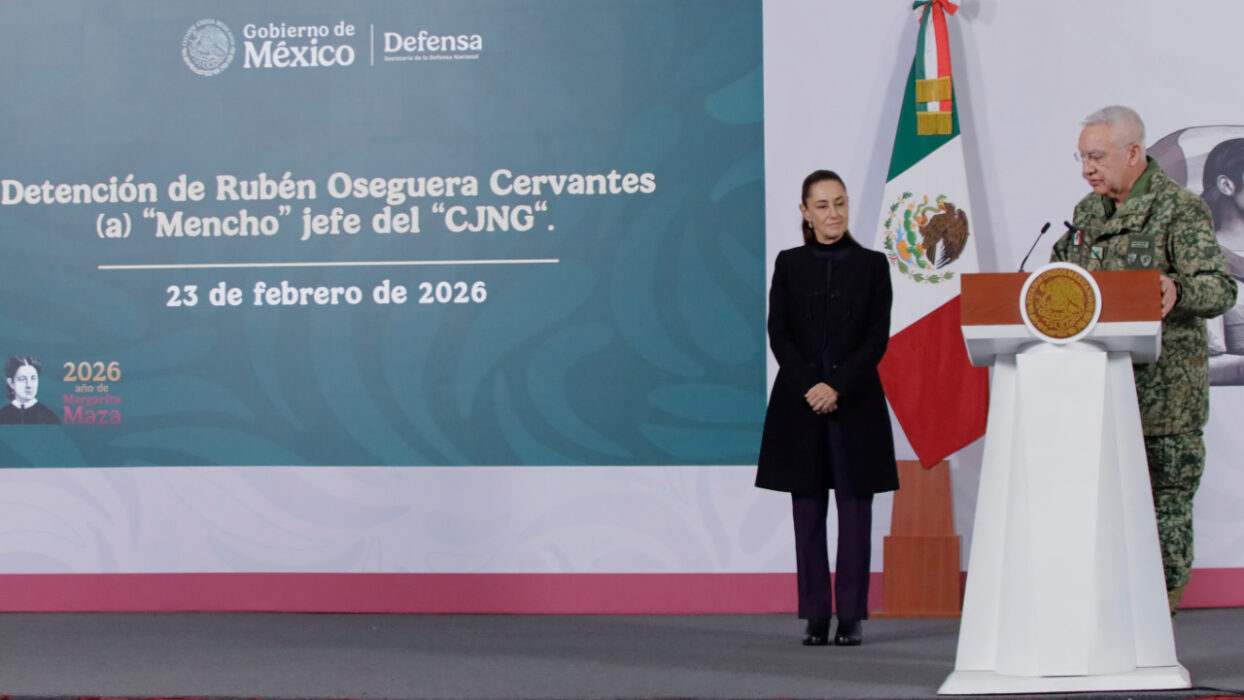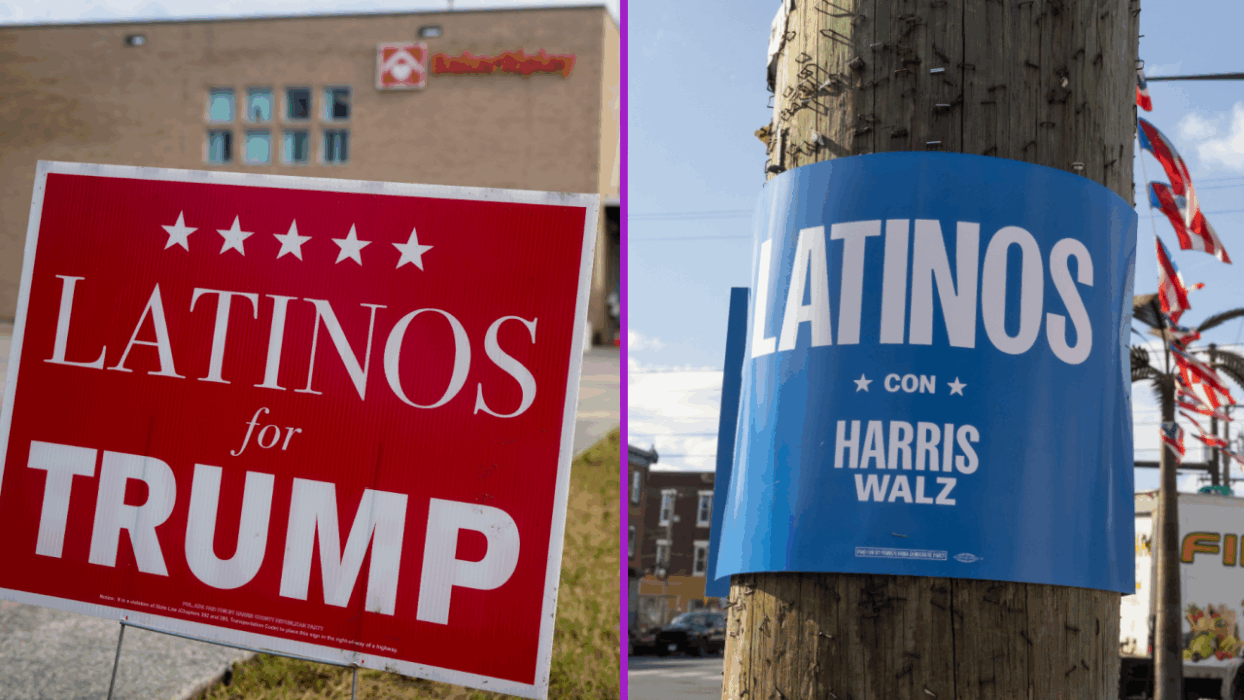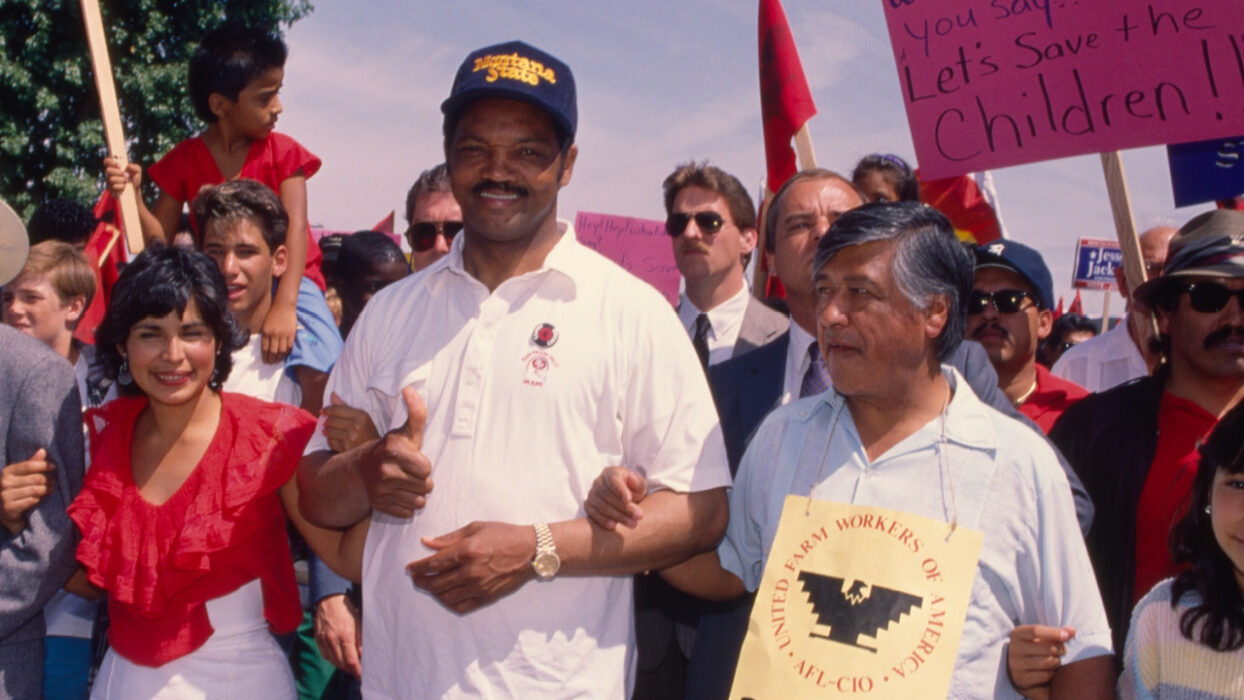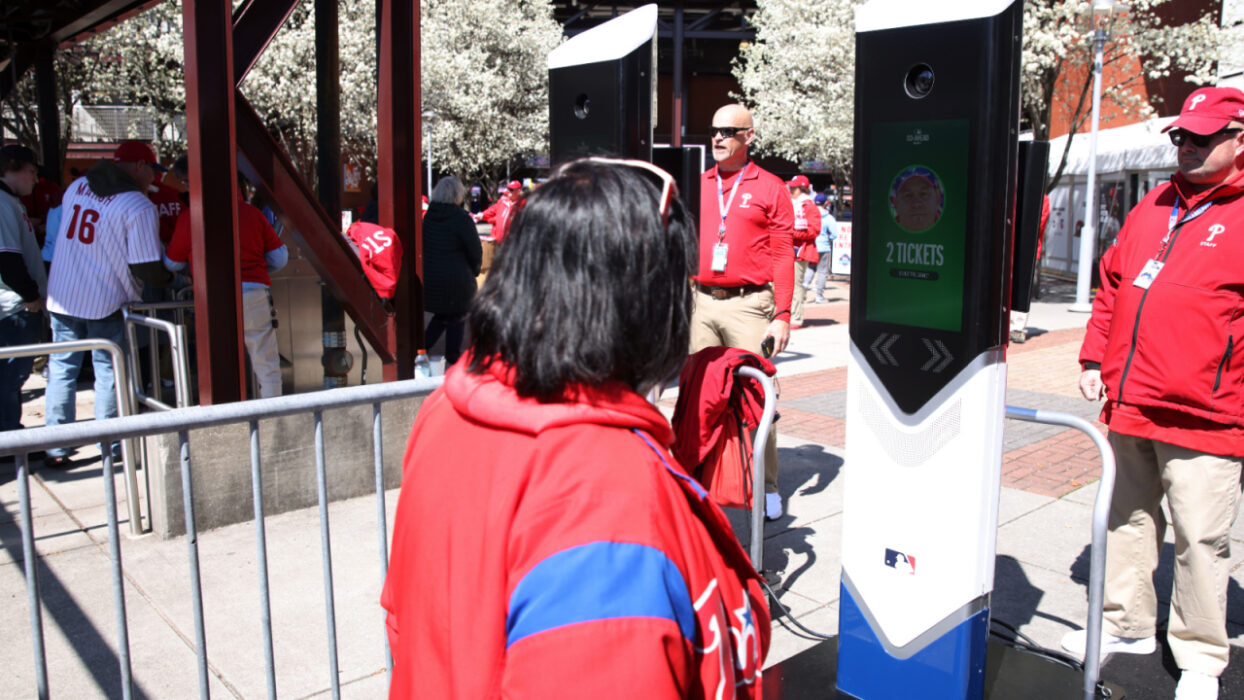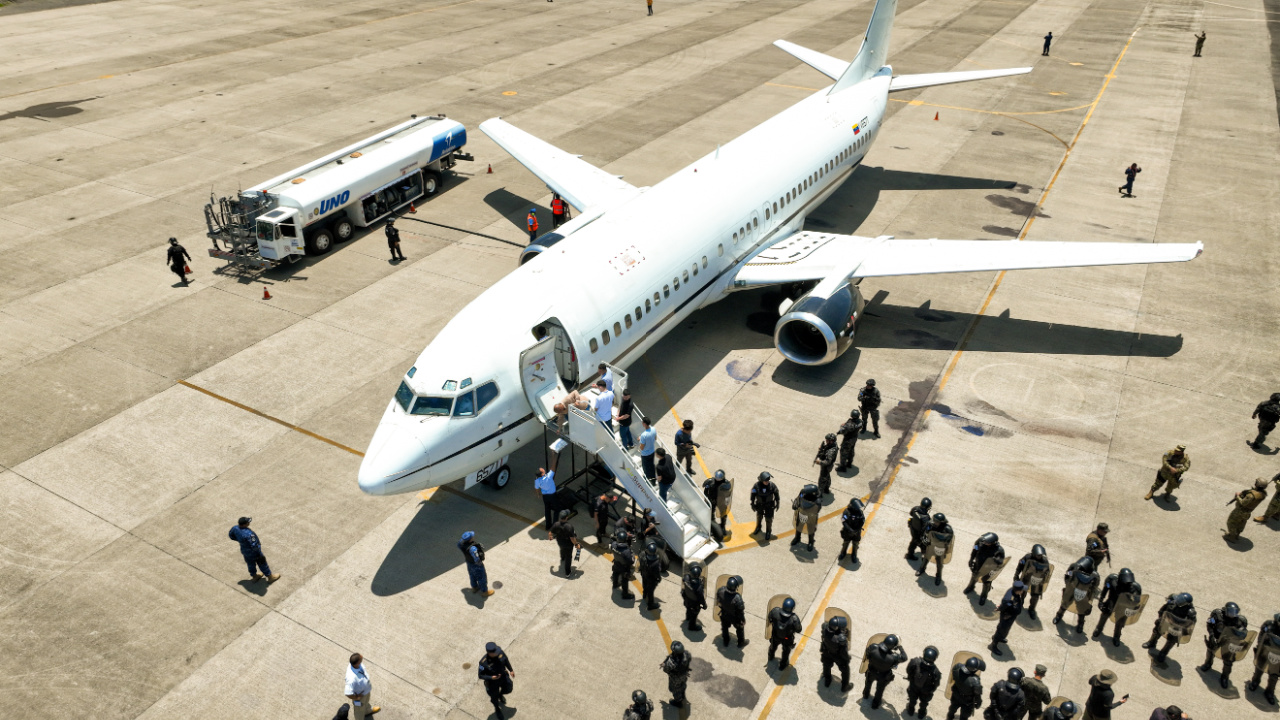
Andry Hernández Exposes the Horrors of Abuse and Sexual Assault Inside El Salvador’s Infamous Mega-Prison
The Venezuelan migrants sent to El Salvador’s infamous CECOT prison are sharing terrifying stories. Andry Hernández, a gay Venezuelan asylum seeker, faced horrifying conditions during his detention. For months, the migrants languished in the prison. Legal representation demanded proof of life and their return to the United States. The federal government refused to cooperate with requests for proof of life.
Andry Hernández is back in Venezuela and he is sharing his story of CECOT
U.S. authorities deported Andry Hernández along with 250 other Venezuelan migrants to El Salvador under the Alien Enemies Act of 1798. The Trump administration invoked the rarely used wartime law to justify suspending due process for the deported migrants.
The Department of Homeland Security (DHS) claims that Hernández had tattoos that aligned him with the Tren de Aragua gang. The tattoos were “mom” and “dad” tattoos that included crowns. The Department of Homeland Security (DHS) links crown tattoos to Tren de Aragua. However, officials denied Hernández his constitutionally guaranteed right to due process before deporting him.
Hernández claims that he endured months of torture, abuse, and sexual assault at the hands of the prison guards. The makeup artist, who was legally seeking asylum in the U.S., opened up to the media about his attack. Hernández shared that he was taken to a dark room after being caught showering outside of designated hours. In that room, he was forced to perform oral sex on a guard while the others groped him.
“I didn’t want to eat. I didn’t want to do absolutely anything,” Hernández told NBC News about his mental state after the assault. “The only thing I did was stay laying down, look at the toilet, remember my family, asking myself a million questions.”
Hernández didn’t see a way to report the abuse without facing more
Hernández says that when prisoners reported abuses to superior officers, the officers subjected them to additional abuse. Guards then beat prisoners who reported abuse.
“Many of our fellows have wounds from the nightsticks; they have fractured ribs, fractured fingers and toes, marks from the handcuffs, others have marks on their chests, on their face … from the projectiles,” Hernández told journalists at his home in Capacho, Venezuela, according to Reuters.
El Salvador’s government has not responded to media requests for comment about the alleged abuses that prisoners faced. Additionally, the U.S. government directed all questions about the allegations to the Salvadoran government. The federal government also downplayed the severity of the abuse by calling the prisoners “criminal, illegal gang members.”
The Venezuelan attorney general announced that the government will investigate the claims after hearing testimony from Andry Hernández and other Venezuelan nationals. El Salvador’s President Nayib Bukele was named in the possible investigation. For months, the U.S. and Salvadoran federal government tried placing blame on the other when asked about the migrants in the prison. The U.S. claimed that the migrants were the responsibility of the Salvadoran government. Meanwhile, El Salvador claimed that the U.S. has sole responsibility for the migrants.

